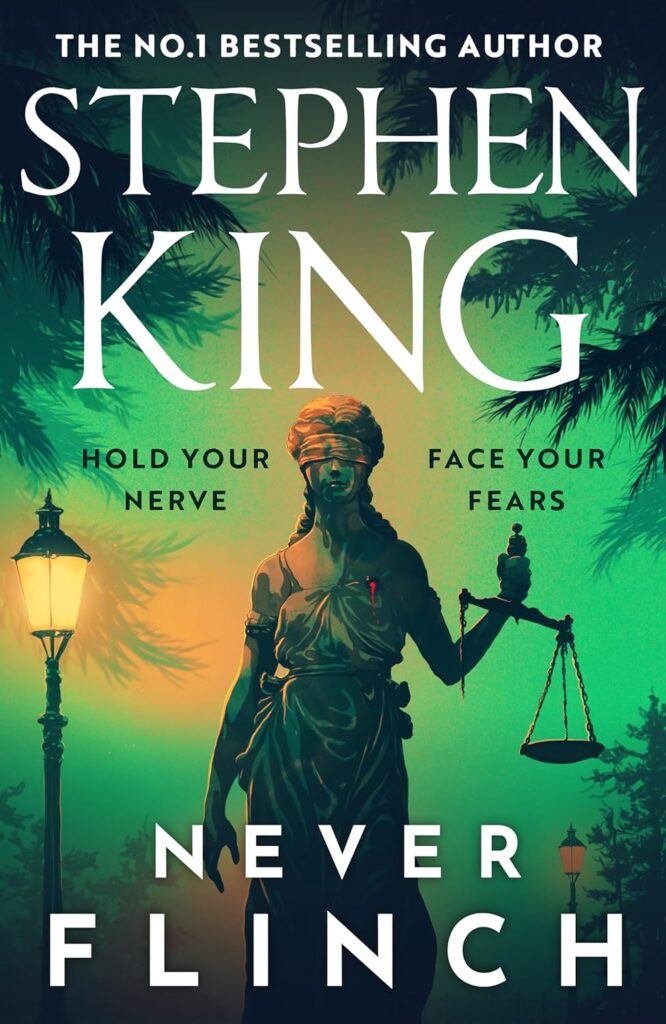Liverpool Sound and Vision Rating 7/10

What it could have been if Stephen King had found Holly Gibney much earlier in his career. The literary Muse who has become so much of a focus in the great American writer’s arsenal in his latter years is one of the best characters to have flowed and taken life from the horror master’s pen that it is no wonder she stepped out from the shadows of Mr. Mercedes, Finders Keepers, and End Of Watch, to ‘star’ in her own set of novels, notably the excellent The Outsider, and has continued to grow as a presence inside the world of Stephen King’s imagination.
Like all good characters who seem to spring from the page where the reader becomes almost physically protective of their possible futures, Ms. Gibney arguably represents Mr. King’s desire to have a heroine, flawed but endearingly human, too whom seemingly frames the narrative and gives a more rounded edge to the dozens of strong female creations he has pushed to the fore, often finding an inner release of atonement for the harshness of earlier victims…and yet in Never Flinch, the latest of the Master’s novels, there feels for the reader a deeper correlation of how womanhood is to be perceived, and as the tale of psychological distress masking the destructive sociological force felt by the now out of print Rage reaches its crescendo, so the cracks of the novel appear.
Never Flinch exposes a darkness, one perhaps as yet fully understood, of the harm of the jury verdict in a court case; presented only with the facts that are submitted, never what doesn’t sell the conviction of the prosecution or defence lawyers, the reader is afforded a peek behind the velvet curtain of true justice to find that maybe the toll of responsibility, of such overwhelming accountability when presented with a truth revealed after the fact, plays on the mind and can lead them to a dangerous and precarious, life altering, turn.
It is against this backdrop, and Holly’s decision to take on a personal body guarding job, a world away possibly from being a private detective, that will see worlds collide, and one where those cracks start to appear, for in the use of certain protagonist values the dilemma of using one particular character as a stalker will be seen as a personal attack on that community, and one confounded by having religion, never an easy subject to broach and make peace with when using as a scapegoat for violence, as the book’s second narrative.
Could Never Flinch be seen as a book too far, gripping for the most part, aided by the continuing appearance of Jerome and Barbara Robinson adds a much-needed functional family aspect which rarely finds its way into horror/detective novels, dedicated for sure as Mr. King never lets a good idea go to waste, but dramatically, insightfully, it lacks the finesse of earlier books, and whilst it presents horror in a more human form, quite rightly so away from the imaginative beasts of vampires and clowns, it adds only a sparkle of joy to the reader’s need for stimulation.
What if Stephen King had found this particular Muse earlier in his career, how explored her psyche could have become, it feels almost treacherous to think that it could be too late to entertain such notions.
A good read, one to explore and take comfort that the forces of good will always overcome the agency of evil, but one that sadly does not stand-up previous encounters with the master.
Ian D. Hall